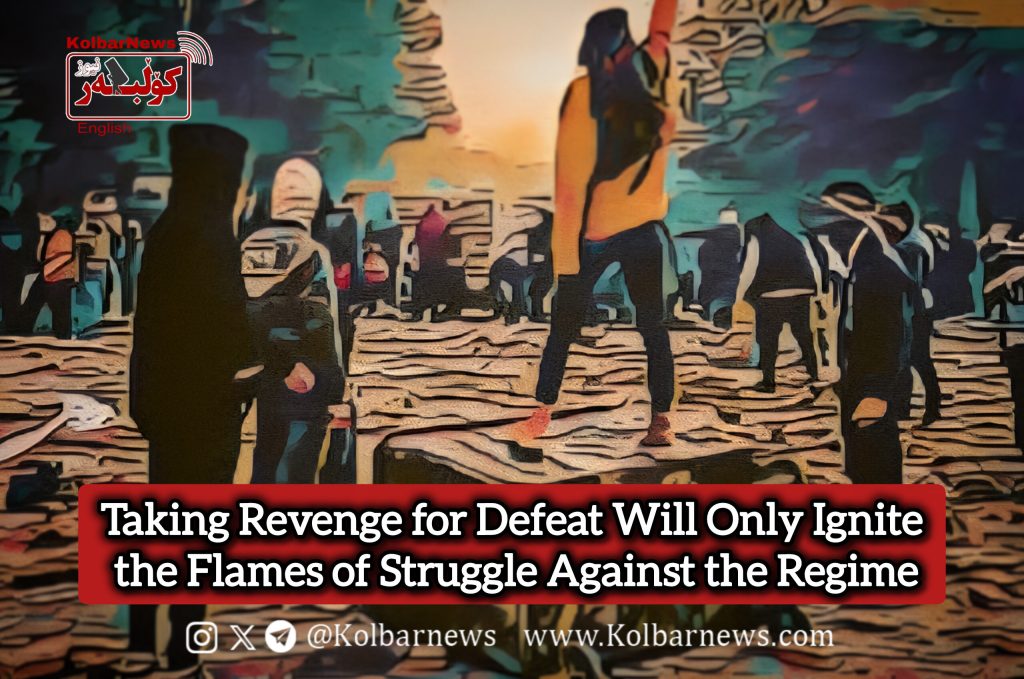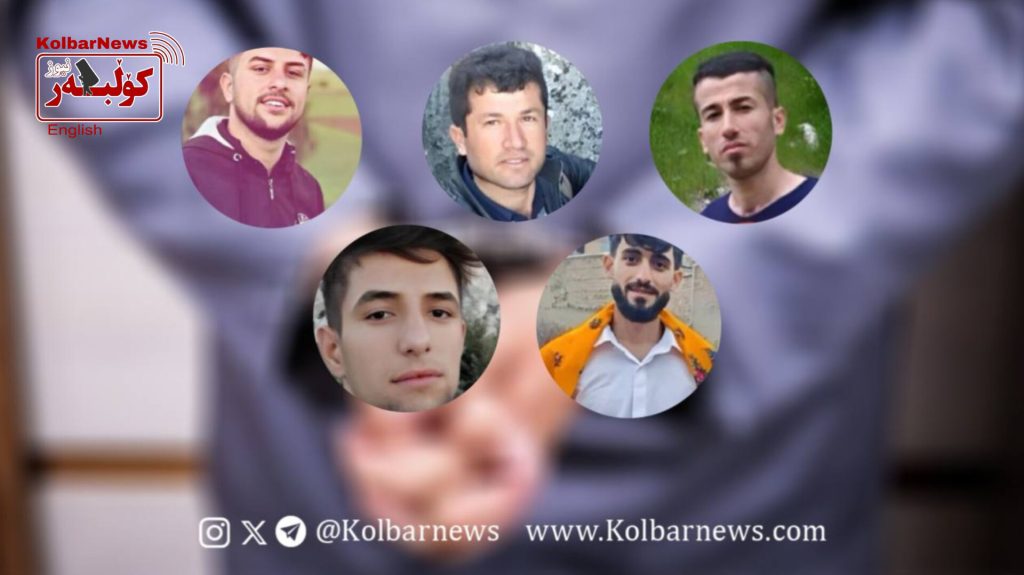
After its humiliating military and intelligence defeat against the aggressive and anti-people governments of Israel and the United States, what behavior will the Islamic Republic adopt toward the majority of protesting and dissatisfied people?
This question has begun to circulate among various segments of society after the ceasefire and is becoming more heated by the day.
One citizen living in the city of Qazvin expressed hope that the end of the war will have positive consequences. He believes the government will not dare to intensify enforcement of mandatory hijab.
He said: “I feel that after emotions settle down, the government will be forced to show tolerance on issues like hijab and individual freedoms.”
A university researcher in Tehran also shared a similar opinion. He said it is unlikely that the government will be able to roll back the social changes brought about in recent years by widespread protests against the hijab law.
He added: “The leaders of the Islamic Republic will probably not become stricter on social matters, because they have been weakened by Israel’s attacks.”
On the other hand, some citizens expressed opposing views.
An informed woman stated in a conversation that the regime will take revenge for its defeat on the people. Another woman, expressing a similar opinion, said that the regime has acted this way in the past during every defeat and crisis.
A human rights activist said that after the ceasefire with Israel, the Islamic Republic will need to increase repression to cover up its military failure, prevent protests, and preserve itself.
The regime’s reaction after its disgraceful defeat including widespread arrests of citizens, increased executions, quadrupled efforts to expel Afghan residents in Iran, and labeling recent expressions of dissent as “espionage for Israel” confirms these concerns.
Despite the repeated hollow promises of the powerless president about national unity in recent days, according to a Reuters report, three high-level Iranian security officials have said the main focus of the security apparatus is now to counter potential internal threats, particularly in Kurdish regions.
According to this repressive policy, more than 1,500 people have been arrested so far, including activists from social movements especially in Kurdistan and Baluch areas and 10 individuals have been executed.
Framing and threats under the false accusation of “being spies for Israel” have now been extended not only to protesting Iranian citizens but also to Afghan refugees.
But the more fundamental question is whether the regime can continue this intensified repression for a long time.
To answer this reasonably, we must recall the state of the regime before its recent disastrous defeat:
- Before the recent war, political rifts at the top had already been exposed and in some cases, even made public. The war temporarily reduced them. The weakening of the regime’s core power structure before the war, and the more visible failure of its domestic and foreign policies during the current war, have pushed it to the edge of collapse. This has emboldened opponents and widened the cracks at the top.
- Disagreements over economic strategy, the severe restriction of private sector participation, the growing crisis in economic matters, the East-oriented defense strategy and its costly proxy ventures, the nuclear issue, and many other governance problems will naturally worsen after the 12-day war.
- Social movements, rooted in real social conditions, will re-emerge even stronger due to the worsening economic situation, intensified repression, and deepening divide between the regime and the people.
The achievements of solidarity and grassroots organization during the 12-day war in support, news distribution, and protection will now serve and strengthen these movements. - Proxy forces that were damaged and weakened in this war will become more discouraged and fragile some even heading toward collapse. During the time when Israel and the U.S. were striking the regime and civilians with heavy blows, these proxies provided no help whatsoever to the Islamic rulers.
- Based on these realities, part of which has been outlined above, the hard core of power due to the severe blows it sustained during this war has become further weakened, and the ground is more prepared for its removal from power.
At this moment, conscious and militant workers, resistant and fighting women, retirees, and activists in social movements must, alongside addressing their specific issues, think more about a future without the Islamic Republic.
This requires strengthening the balance of power between themselves and the regime, further distancing from the right-wing opposition, stronger opposition to capitalism and exploitation, and greater attention to the need for a society run by workers, and free women and men which inevitably means a more serious orientation toward socialism.

